Rural children and their communities leading the way toward the enhancement of sports and recreation
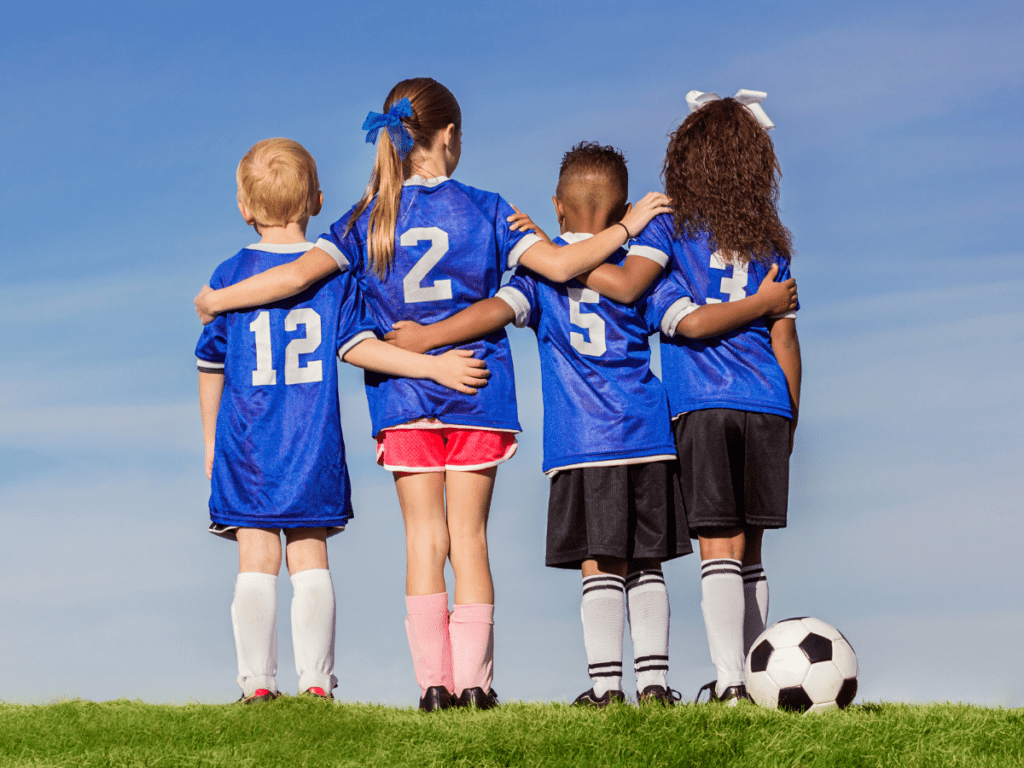
View the summary of this research here. The purpose of the study was to engage rural preadolescent children in the development of research questions that are relevant and meaningful to exploring their participation and commitment to sport and other recreational activities. The three objectives were 1) To understand the children’s experience in participation of sport,…
Development and Evaluation of the Coaching for Life Skills Training Program for High School Coaches
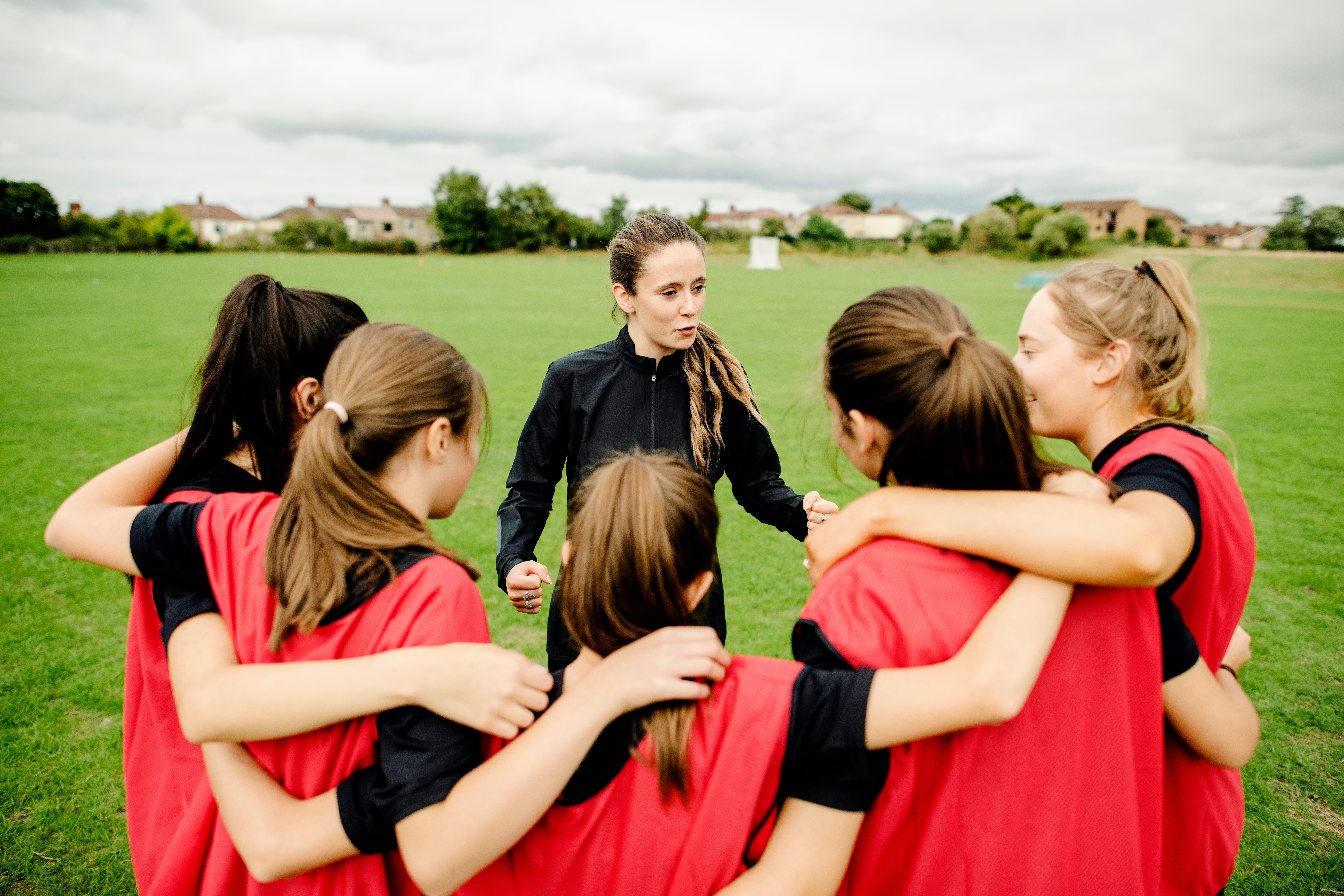
Project summary The research project occurred in two sequential phases. In the phase one study, the purpose was to develop the Coaching for Life Skills training program and evaluate its pilot implementation. This first study was qualitative in nature and explored what coaches believed they experienced during their participation in the training program. Findings demonstrated…
Developing leadership behaviours in athletes
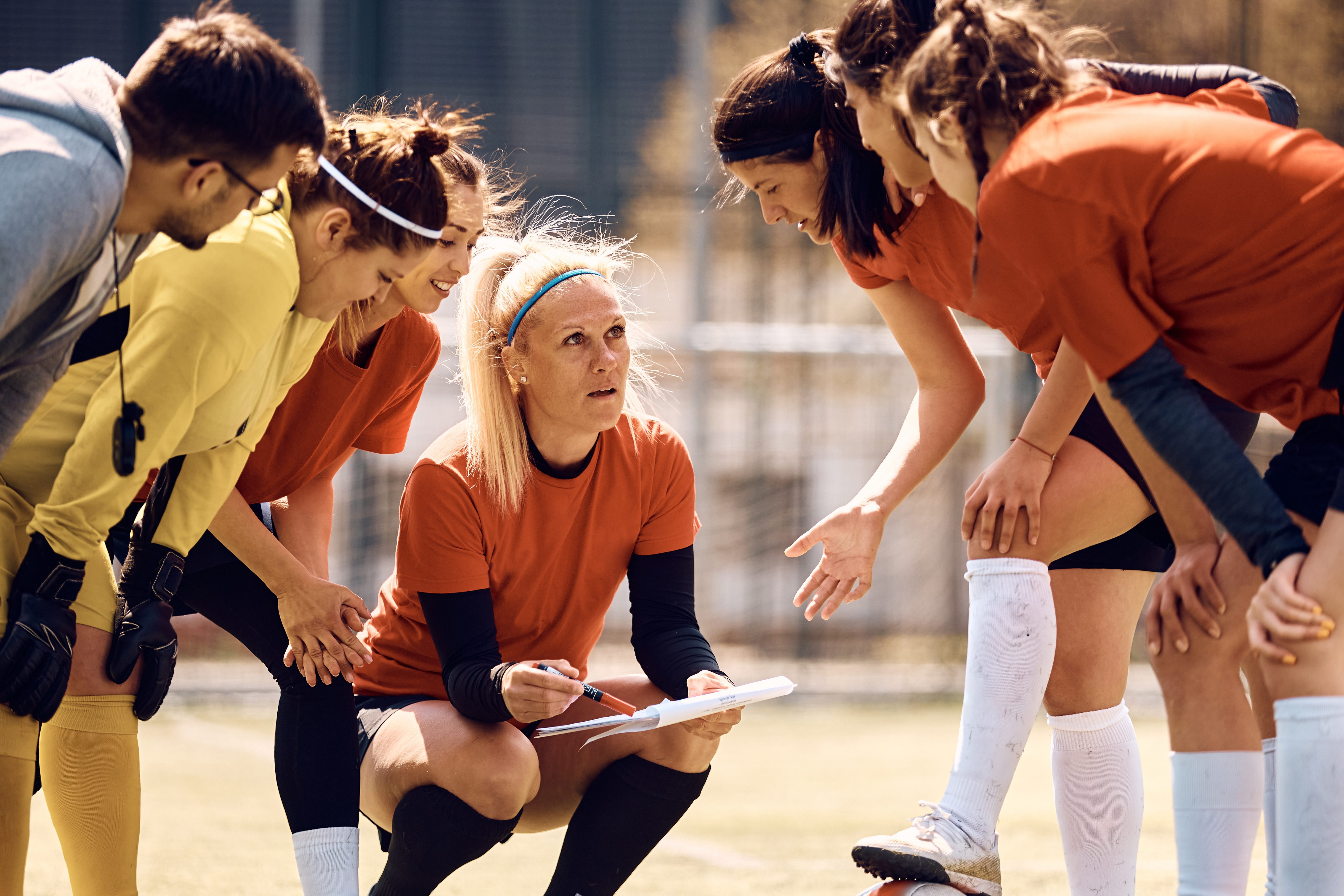
Project summary This project developed, implemented, and evaluated the effect of a season-long athlete leadership development program. The participants included 66 female varsity athletes who participated in four leadership workshops throughout their competitive sport season, approximately one hour in duration. All of the participants completed inventories measuring leadership behaviours, cohesion, communication, and peer-motivational climate. Overall,…
Exploring the life skills transfer process from sport to life
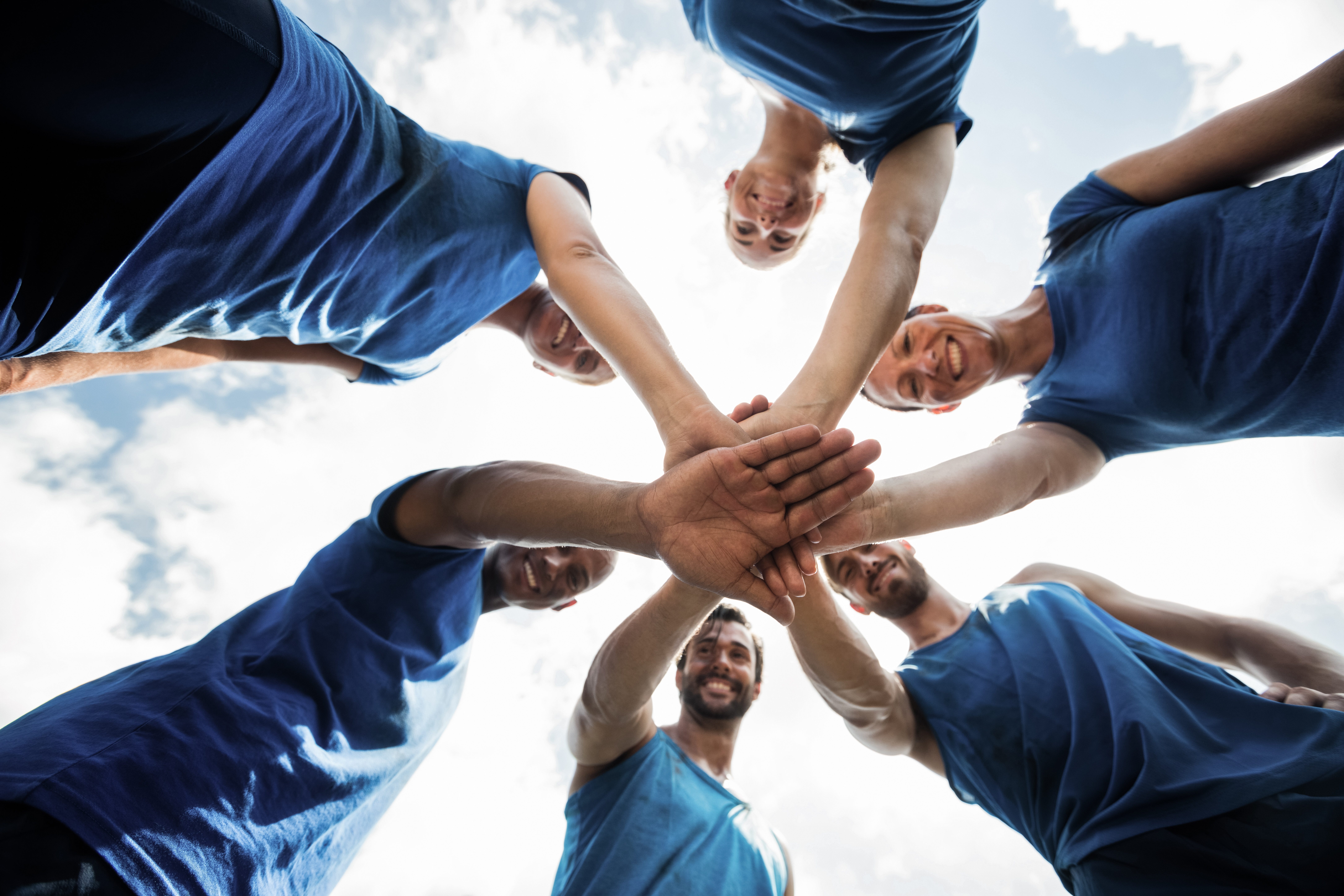
Project summary In recent years, researchers and practitioners have paid increasing attention to understanding how the life skills (e.g., leadership, emotional regulation) learned in sport can transfer and be applied beyond sport. The overall purpose of this project was to develop a grounded theory to explain how athletes apply in life the skills they learned…
The implementation of a sport-based, trauma-sensitive, youth development program in a national community organization

Project summary Community organizations can adopt sport-based, trauma-sensitive, youth development programming to support underserved youth who face high risk of traumatic exposure. These programs involve leaders who create safe environments, recognize and respond to youth’s trauma-related distress, and promote youth’s healing and resilience-building. In partnership with BGC Canada, a national non-profit community organization that serves…
A culture change is coming in youth sport: How sport organizations can incorporate Sport for Development strategies
Highlights: This article draws on recent insights from the Maple Leaf Sports & Entertainment Foundation’s Change the Culture, Change the Game report, offering practical recommendations for sport organizations and administrations looking to advance a more positive culture for youth in sport The authors make the case for all sport environments to incorporate a Sport For…
In-season mental health management
In the middle of an academic year and a busy sport season, student-athletes may find it difficult to cope with the demands on their time and pressure to perform. One way that student-athletes can work to maintain their mental health is to look for positives. In other words, identify the good that things that can…
The intersectional cost of youth sport participation
The increasing cost of youth sport participation has long been a concern for parents and policymakers alike. How issues of affordability show up varies depending upon intersectional realities of income, geography, ability, accessibility of appropriate spaces and more. The Maple Leaf Sport and Entertainment (MLSE) Foundation Change the Game research program, in collaboration with the…
How youth athletes can support their own life skill development through sport
Sports help to develop crucial skills on and off the court, field, or ice. Participating in sports can help youth athletes stay physically healthy, build positive relationships with coaches and other players and learn valuable skills. While coaches often play a critical role in supporting athletes’ development, it is also important to consider how athletes…
Using life skills to promote social justice: Youth sport as a vehicle for social change
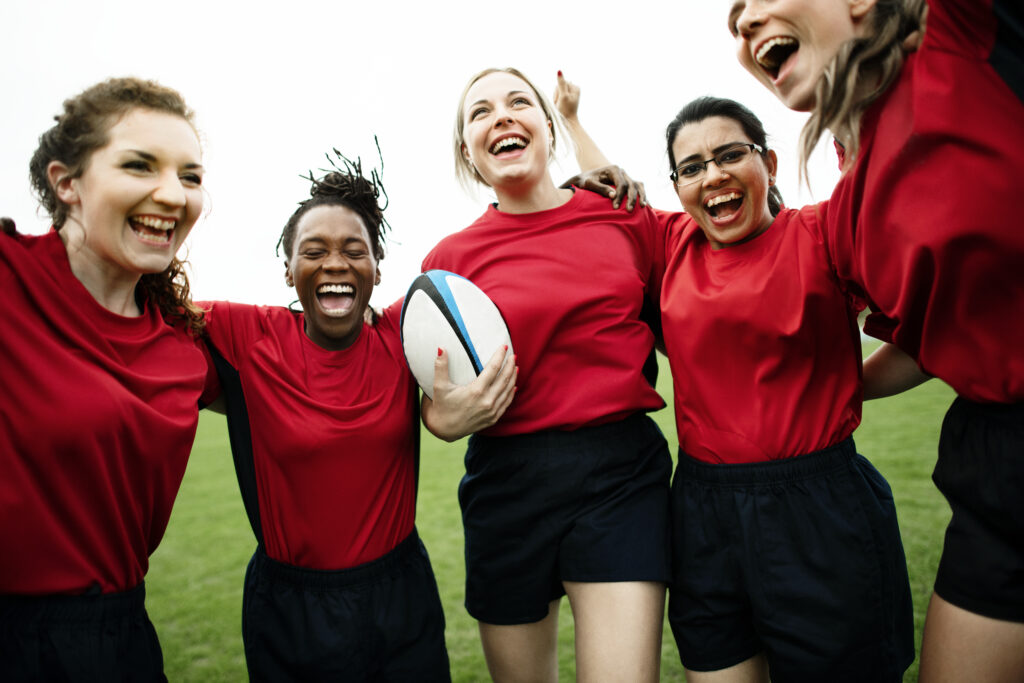
As youth sport researchers, we seek to understand how youth develop and transfer life skills. In recent years, cultural issues have urged us to evolve our understanding of life skills. For instance, the Black Lives Matter and #MeToo movements continue to raise awareness of inequities within sport and beyond. Additionally, the climate change movement has…